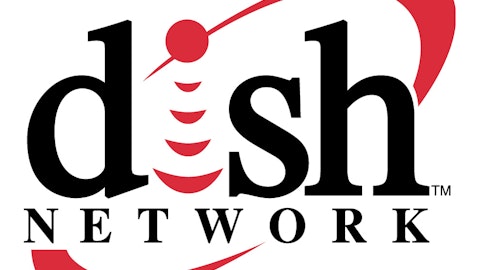Legendary filmmakers Steven Spielberg and George Lucas made headlines this week after they warned that Hollywood could be on the verge of imploding. Specifically, Spielberg and Lucas believe that studios have made too many aggressive bets on too few films, and that a string of box office failures (something that they feel is inevitable) could bring the industry to its knees.
It’s an interesting premise, and given that it comes from the minds behind countless blockbusters, one that can’t be so easily discounted. But if they’re right, how can investors prepare for that future world?
The slow death of the movie industry
Arguably, the movie industry has been dying for over a decade now. The widespread adoption of high-definition TVs and home theater audio equipment, combined with short release windows (most movies are available on DVD within only a few months) may have led many Americans to stay home.
To compensate, movie theaters have been upping the ante — installing bars, 3D projectors, and offering restaurant-quality food. Some (like AMC) have aggressively pushed loyalty programs with discounted tickets.
But Lucas and Spielberg think that’s just the beginning. In the future, they expect theater-goers to shell out $25 for a ticket, minimum, and perhaps as much as $150. Going to the movies will resemble Broadway — an expensive, but unique experience. Only the biggest movies will make it into the theatres, where they’ll stay for a year, and perhaps never make it to video.
Where will the movies go?
Will all that creative talent remain idle? No. Instead, it will shift to cable TV, and cable TV alternatives like Netflix, Inc. (NASDAQ:NFLX).
Spielberg revealed that his Oscar-winning film Lincoln was “this close” to becoming an HBO made-for-TV movie. The cable channel’s recent film, Behind the Candelabra, only appeared on HBO after its maker failed to get a theatrical release.
Netflix, Inc. (NASDAQ:NFLX) has expanded aggressively into original content in recent months, in attempt to compete directly with HBO. House of Cards, starring Oscar-winner Kevin Spacey and produced by David Fincher (Seven, Fight Club, Social Network), was positively received, but cost Netflix over $100 million to make.
Netflix, Inc. (NASDAQ:NFLX)’s competitors (like Amazon.com, Inc. (NASDAQ:AMZN), RedBox and now Microsoft Corporation (NASDAQ:MSFT)) have all explored, or committed to creating original content of their own. In theory, this should increase the cost for this content, as more bidders in the market drive up the price for original shows.
But if Hollywood’s crumbling, a service like Netflix, Inc. (NASDAQ:NFLX) should actually benefit. In fact, Spielberg is working with Microsoft on a Halo TV series for its Xbox Live subscription service, and more filmmakers could come to see these services as superior outlets for their creative talents.
On the consumer side, fewer trips to the movies might lead to an expanded budget for competing forms of entertainment. With the average movie ticket costing around $10, not going to the movies every month would cover the cost of a Netflix, Inc. (NASDAQ:NFLX) subscription.






